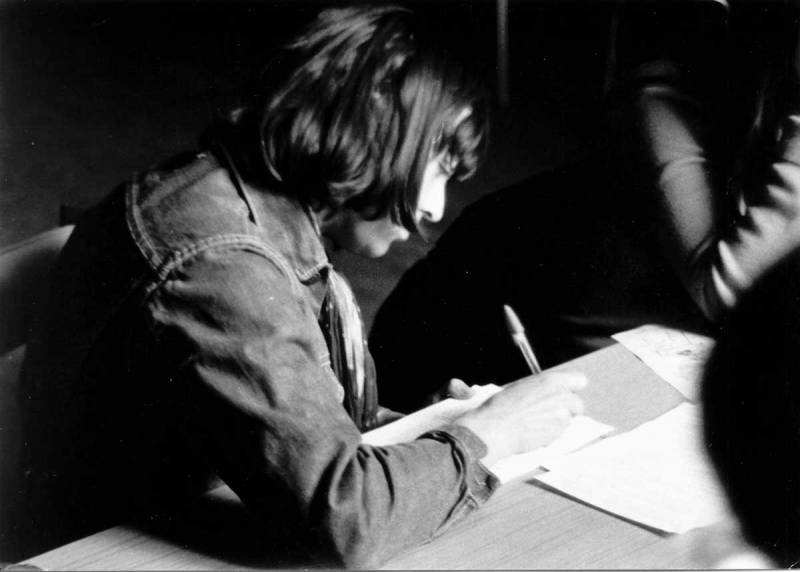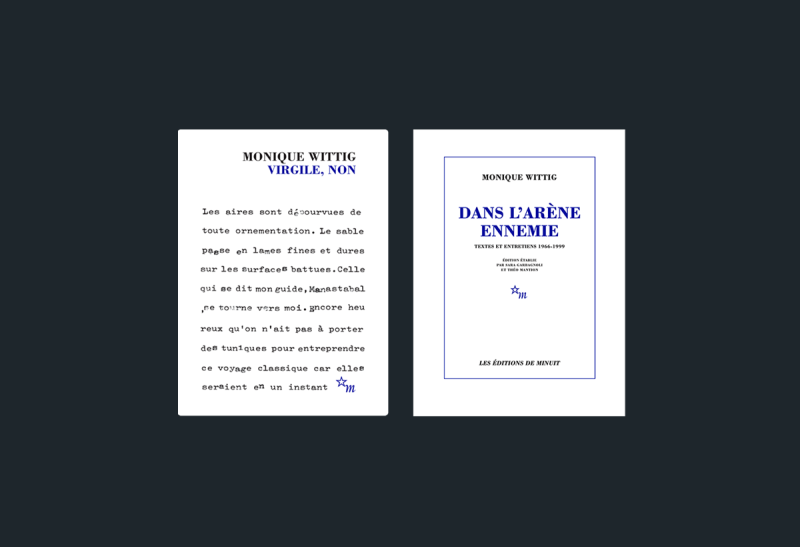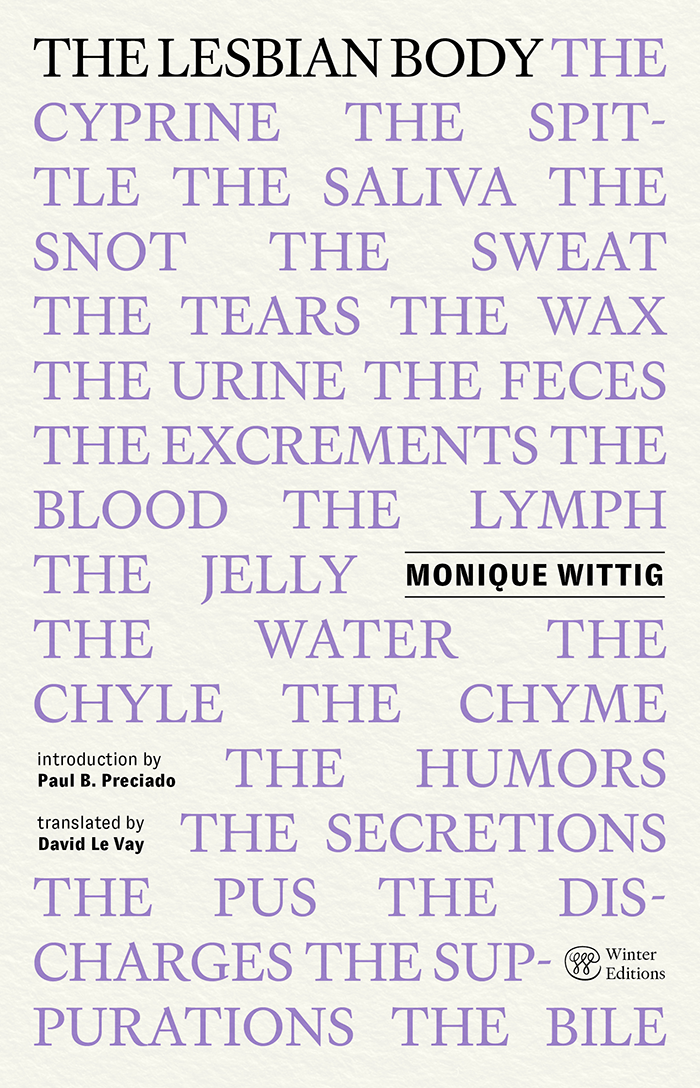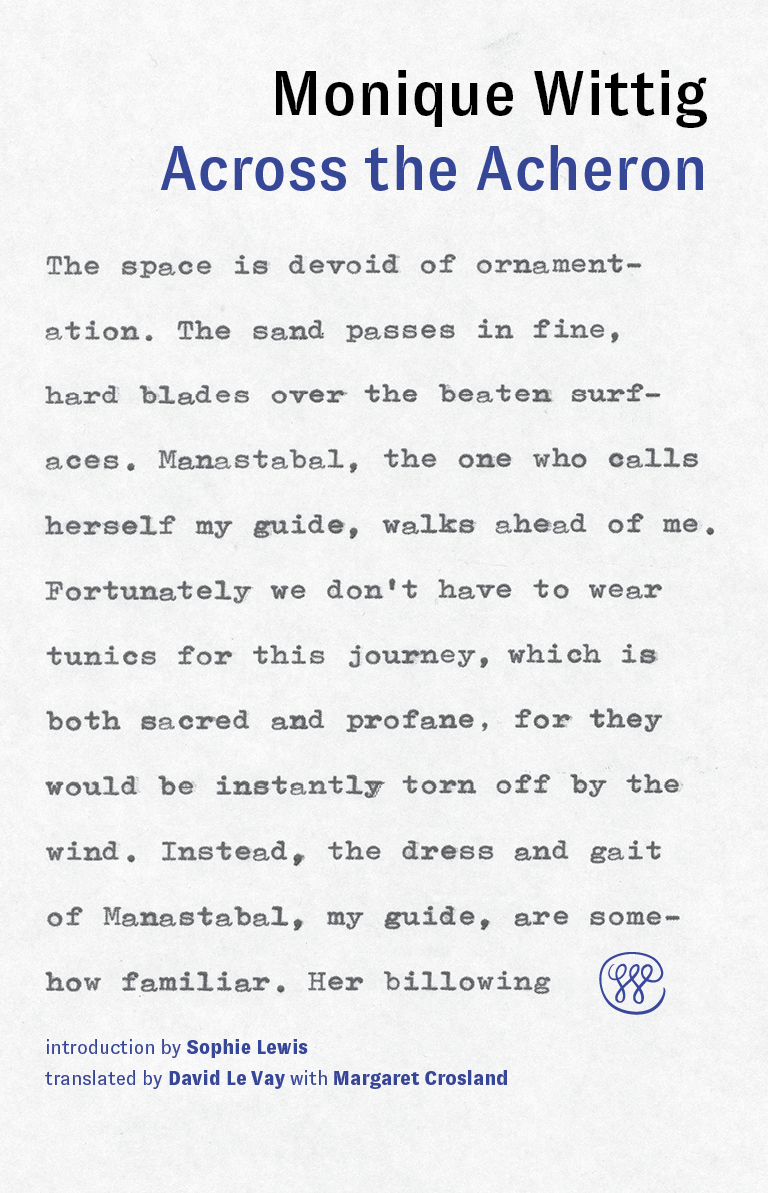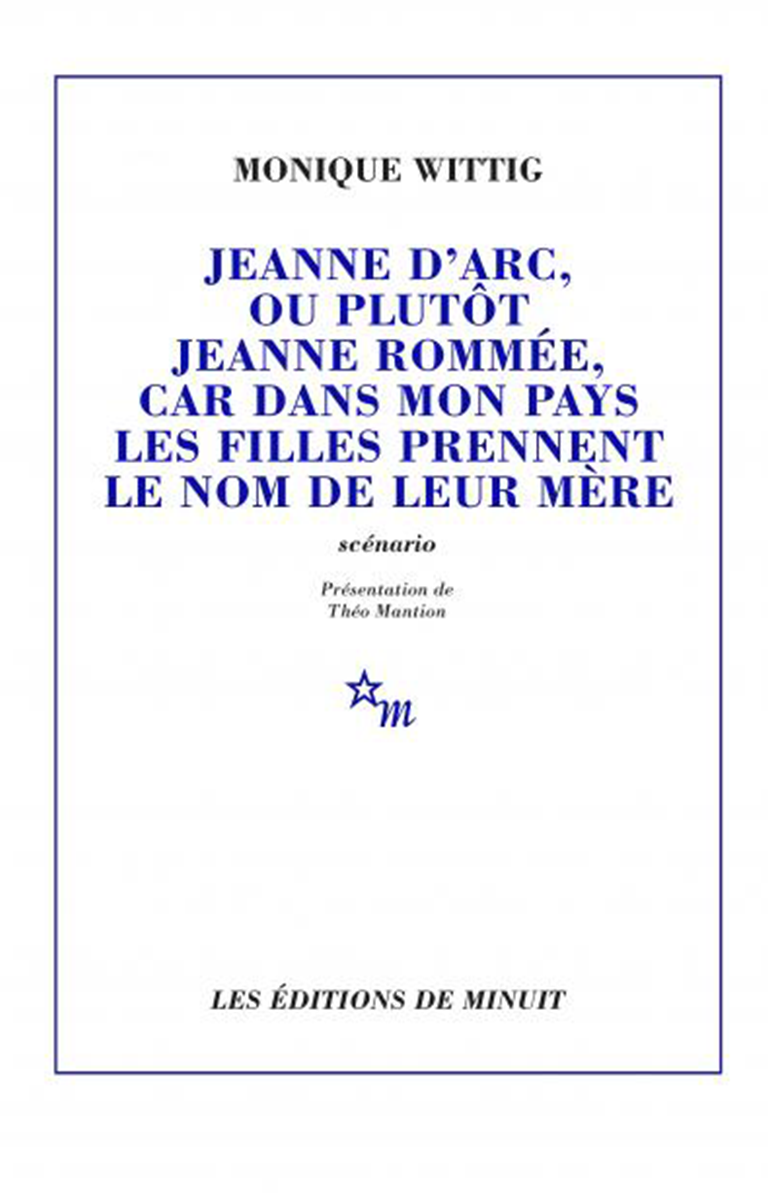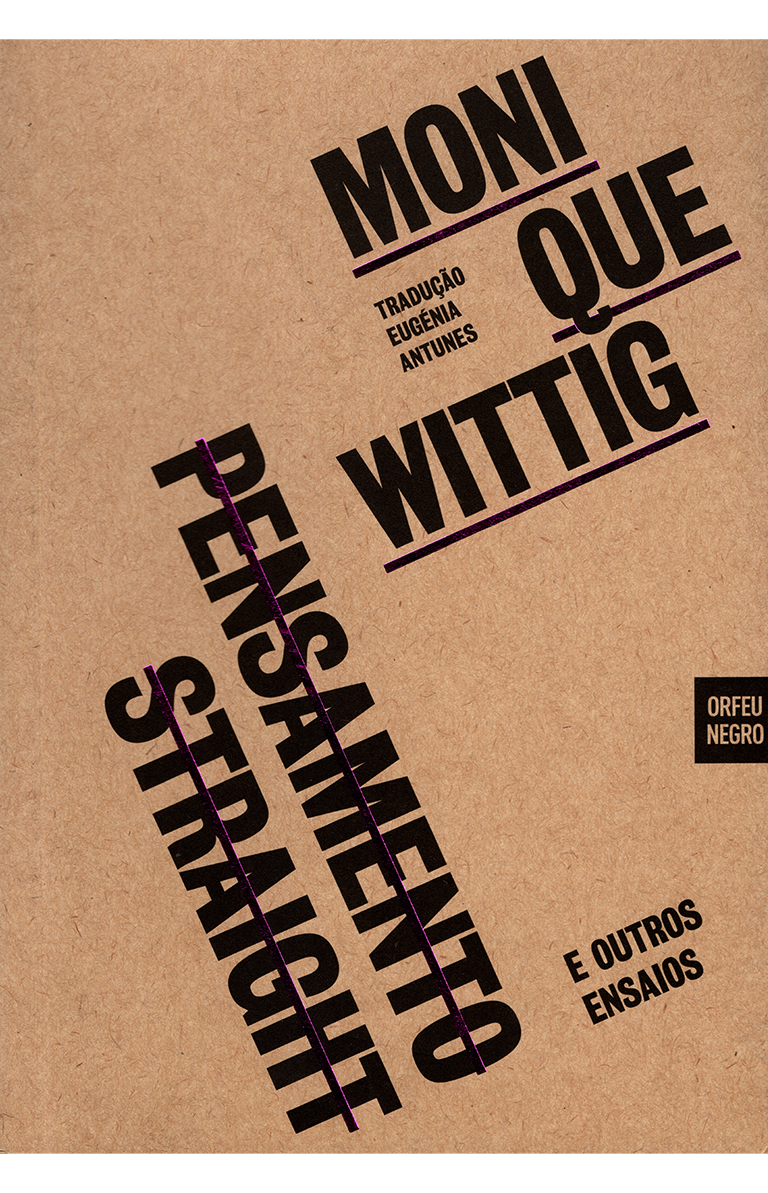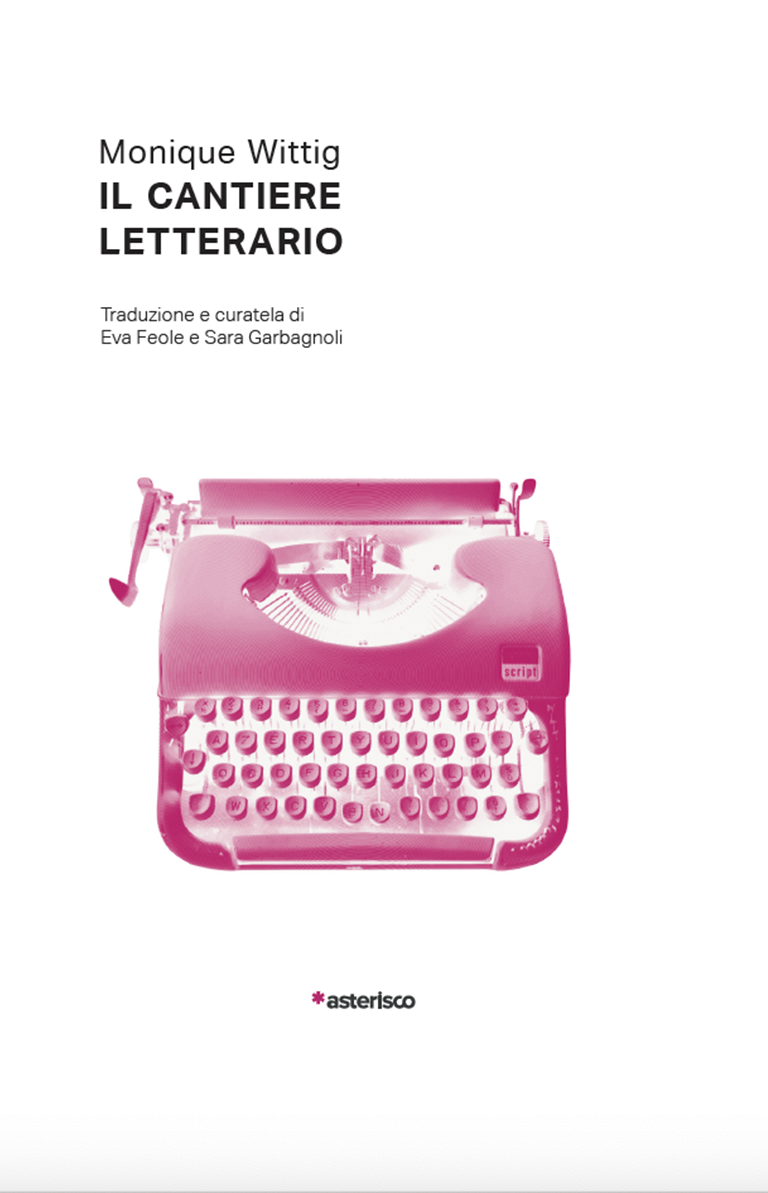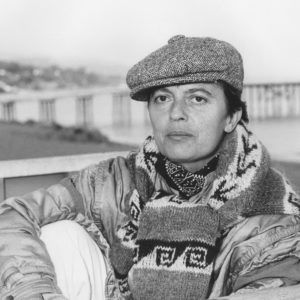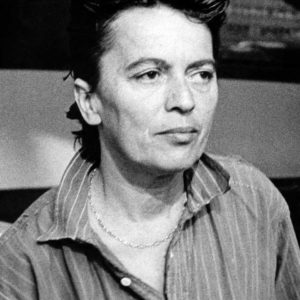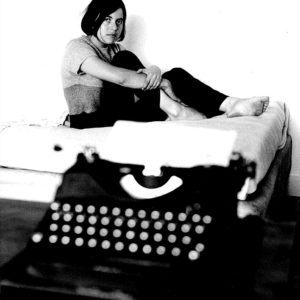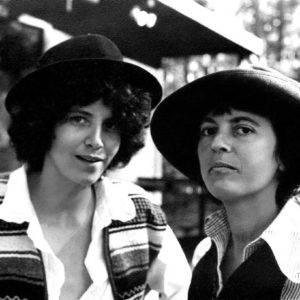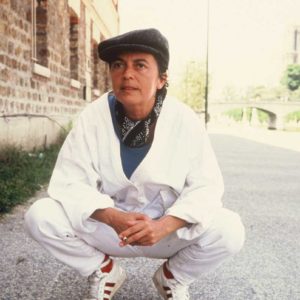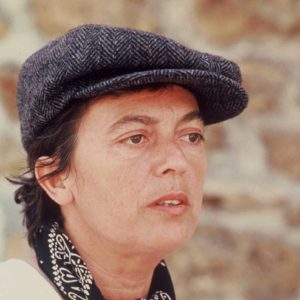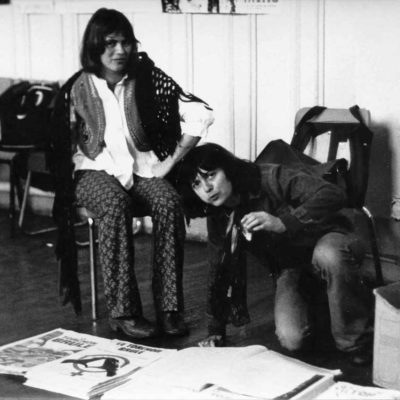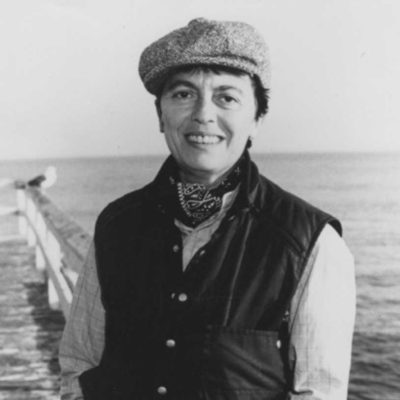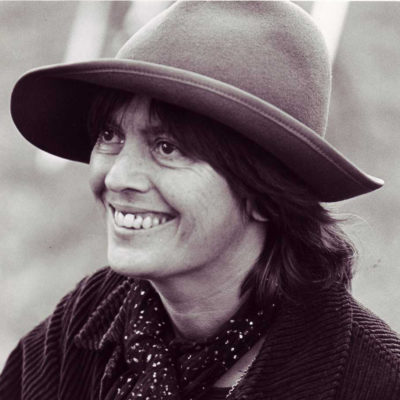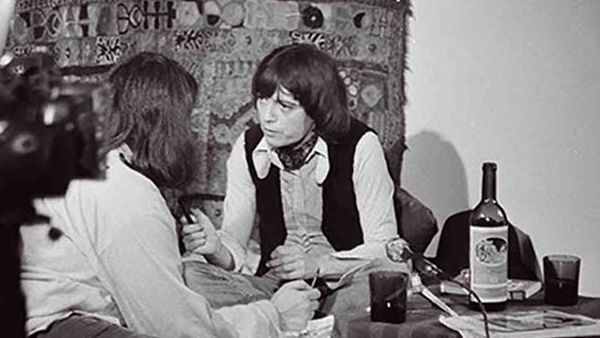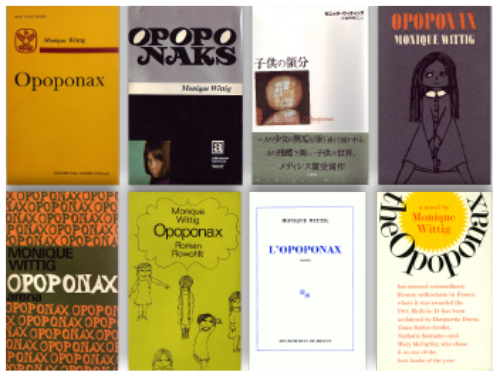Biography
Monique Wittig was born in the Haut Rhin department in Alsace. She moved to Paris in the 1950s, where she studied at the Sorbonne. Her first novel, L'Opoponax, published by Minuit in 1964, immediately drew attention to her when it was awarded the Prix Médicis by a jury that included Nathalie Sarraute, Claude Simon, and Alain Robbe-Grillet. Praised by such influential writers, the novel was quickly translated into English, where it also won critical acclaim.
Wittig became very involved in the events surrounding the revolt of students and workers in May of 1968. Like many others, she realized that the radical men leading the revolt were not inclined to share leadership. Wittig was one of the first theoreticians and activists of the new feminist movement. It was in this atmosphere of radical political action that she completed what is often considered her most influential
work -- Les Guérillères – published in 1969. Revolutionary both in form and content, this novel has been widely translated, debated, and used as a source of ideas by many major feminist and lesbian thinkers and writers around the world.
In May 1970, Wittig co-published what can be described as the manifesto of the French feminist movement. Ever since, Wittig's works have included both fiction
and non-fiction essays, evolving into an ongoing dialogue between theory and literary practice.
Throughout the early '70s, Wittig was a central figure in the radical lesbian and feminist movements in France. She was a founding member of such groups as the Petites Marguérites, the Gouines, and the Féministes révolutionnaires.
Scholarship
In honor of Monique Wittig, the Monique Wittig Writer’s Scholarship will foster innovation in literary forms and the connection between politics and language. It will allow University of Arizona graduate and undergraduate students to allocate more time to their writing.
This scholarship honors the life and work of Monique Wittig, French novelist, poet and social theorist. Wittig was a professor at the University of Arizona, Tucson from 1990 to 2003. First published as a novelist, Monique Wittig’s fiction revolutionized French
literature. Mary McCarthy called her “the best writer anywhere of her generation.” Wittig’s fiction, as well as theoretical writing, has had a fundamental and worldwide impact upon feminist theory and lesbian and gay theory.
This scholarship is open to writers in all fields including literature, film, theater, poetry, essays and new/mixed media.




